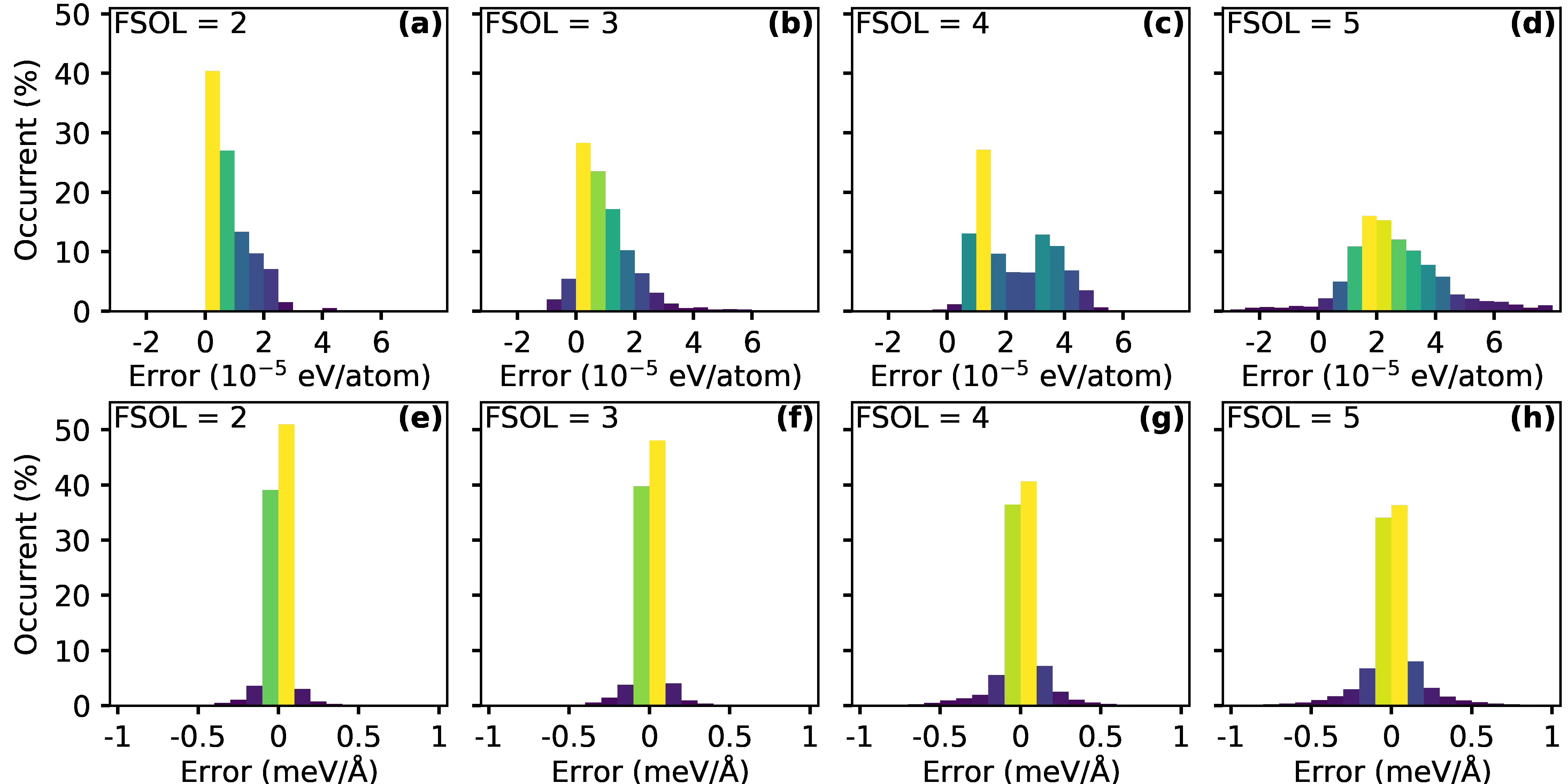3997582
Improving the speed of explicit-implicit hybrid solvent model for simulations of the electrochemical environmen
Date
March 21, 2024
Explore related products in the following collection:
Related Products
Catalysis using gold containing catalysts
Supported gold alloy nanoparticles, in particular gold palladium alloys, are attractive catalysts for redox reactions. Indeed gold palladium alloys have been found to be very effective for teh direct synthesis of hydrogen peroxide as well as alcohol oxidation…
Mechanistic insights into surface chemistry from atomistic surface science studies
The most detailed insights into surface chemical processes come from experiments conducted under controlled conditions…
Investigating the role of water activity and gas composition in CO2/CO reduction
The electrochemical reduction of carbon dioxide (CO2) into valuable chemicals and fuels is a pivotal strategy in mitigating climate change by curbing greenhouse gas emissions…



